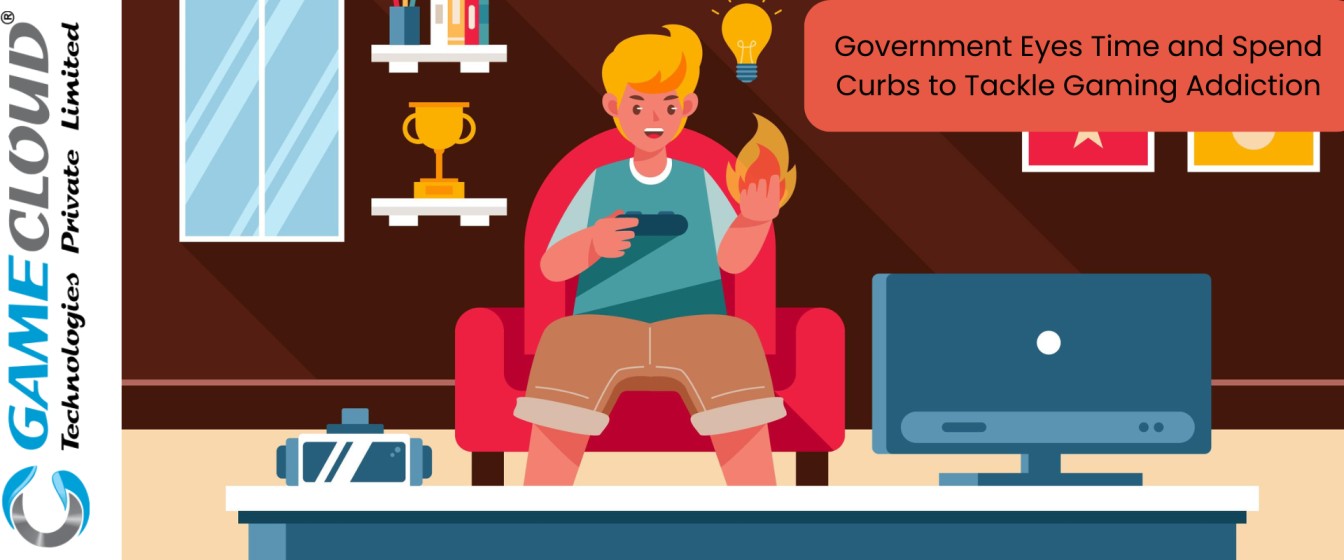
In an era where digital entertainment reigns supreme, governments worldwide are grappling with a new-age challenge: gaming addiction. As pixelated worlds become increasingly immersive and engaging, policymakers are exploring novel approaches to curb excessive gaming habits, particularly among youth. The latest proposition gaining traction? Time and spend restrictions.
The Digital Dilemma
Video games have evolved from simple pastimes to complex, multi-layered experiences that captivate millions. While gaming offers numerous benefits, including improved cognitive skills and social connections, its addictive potential has raised red flags. The World Health Organization’s recognition of “gaming disorder” as a mental health condition in 2018 catalyzed global discussions on mitigating its impact.
Time Caps: Logging Off for Balance
One proposed measure involves implementing time limits on gaming sessions. China, often at the forefront of digital regulations, has already enforced strict time caps for minors. Under these rules, gamers under 18 can only play online games for one hour on Fridays, weekends, and holidays.
While critics argue such measures are draconian, proponents highlight their potential benefits:
- Improved Sleep Patterns: By curtailing late-night gaming sessions, time caps could help restore healthy sleep cycles.
- Academic Performance: Limiting gaming hours may free up time for studies and other productive activities.
- Physical Health: Reduced screen time could encourage more physical activity and outdoor engagement.
Spend Restrictions: Curbing Virtual Economies
To address concerns about the blurring of gaming and gambling, particularly the financial exploitation of younger players, proposed measures include implementing daily or monthly spending caps on in-game purchases, mandatory cool-off periods between transactions, and enhanced parental controls linked to payment methods. These measures aim to prevent impulsive spending and protect vulnerable individuals from accruing substantial debts through gaming.
The Tech Industry’s Response
As governments contemplate these regulations, the gaming industry isn’t sitting idle. Many companies are proactively implementing features to promote healthier gaming habits:
- Screen Time Reminders: Pop-up notifications encourage players to take breaks after extended sessions.
- Parental Controls: Enhanced tools allow guardians to set play time limits and spending restrictions.
- Wellness Resources: In-game messages and linked resources provide information on maintaining a balanced lifestyle.
The Balancing Act
Crafting effective policies to address gaming addiction requires a delicate balance – overly restrictive measures risk pushing gamers towards unregulated platforms, while lax policies may fail to protect vulnerable individuals. Experts suggest a multi-pronged approach, including comprehensive digital literacy programs, continued research on gaming addiction, collaborative efforts between governments, industry, and mental health professionals, and personalized restrictions based on age, gaming habits, and individual circumstances.
LolzSoft’s Potential Role in Tackling Gaming Addiction
LolzSoft, a subsidiary of the gaming giant GameCloud Technologies, specializes in developing video games with a creative and educational focus. While our primary mission is to create games that bring joy and laughter to people’s lives, they also believe in the power of games to make a positive impact on the world. Given our expertise in game development, we could potentially offer services or develop games specifically designed to help tackle gaming addiction, which aligns with the government’s efforts to curb excessive gaming time and spending as mentioned in the blog title.
Conclusion: Looking Ahead
The debate around gaming addiction is complex, requiring a nuanced approach that avoids demonizing gaming as a medium with vast potential. While time and spend restrictions are one facet, their effectiveness depends on implementation, public reception, and the adaptability of regulators and the gaming industry. As we navigate this digital frontier, the conversation around gaming addiction is an ongoing dialogue that will shape how we interact with technology. Staying informed and engaged is crucial for all stakeholders – gamers, parents, educators, and policymakers – to foster a future where digital entertainment enhances collective well-being.
